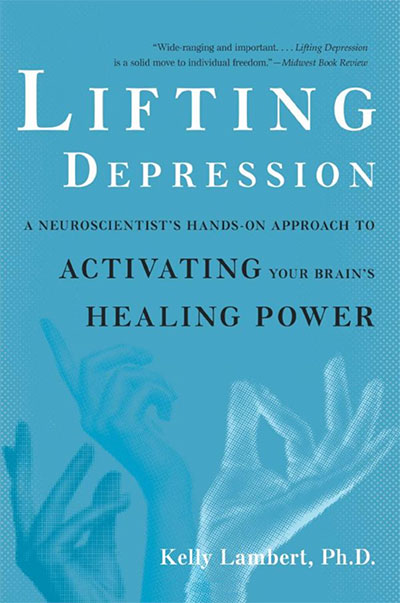How to Temper Anxiety by Working with Your Hands
In case you haven’t heard, there is a global pandemic. As if Americans were not anxious enough already, we now are faced with the uncertainty that accompanies a new and unfamiliar contagion. “How long will it last?” “Will I be able to purchase groceries if the global food supply is interrupted?” “Will hospitals have enough resources to accommodate the most serious cases?” and finally, “How long will we have to remain under voluntary ‘house arrest,’ for the sake of ‘social distancing’?”
While I’m short on answers with respect to nearly every one of those concerns, I can point out that when the fabric of life is unraveling and anxiety is high, engagement in a creative handcraft or hobby may be just what the doctor ordered. If you are tethered to your home with nothing to do, now may be the perfect time to revisit an old hobby, or even pick up a new one.
Not just any old hobby will do, however; doctor’s orders and your own Maker’s specs call for a hobby you do with your hands.

The modern age with all its beloved conveniences, Lambert laments, has so changed our way of life that many of the physical actions we do carry out with our hands – such as typing keys on a keyboard or swiping a screen – do not generate many things so palpable or tangible. While it is convenient to call in for Chinese Take Out, it does not generate the same satisfaction as chopping the vegetables, cracking and whipping the eggs, cutting the pork and frying the rice yourself. Again, it is the physical actions carried out with the hands - so the senses can savor the whole process along with the results - that tap the effort-driven rewards circuit.
Lambert reminds her readers of a time past when people made their own clothes, plowed their own fields, built their own houses, and prepared their own foods. Modernity has all but removed the pleasure and sense of control one enjoys when engaging in these physical activities. Remarking on the preponderance of prescriptions for antidepressants, Lambert states these merely change one aspect of brain chemistry, providing little “meaningful relation to anything that is currently going on in your life.” By contrast, activities tapping the effort-driven rewards circuit generate a sense that you have more control over your environment, your life, and are more connected to the real world around you.
Now, as one holding the notion that humans are image-bearers of God, this behavioral neurology makes sense. Work and creative enterprises are prelapsarian2 constructs: God commanded our ancestral parents to tend the garden before their fall from grace. It’s not hard to imagine that our effort-driven rewards circuit was designed to facilitate our own acts in mimicking our Creator. Nature itself testifies to the Creator’s skills of stitching, weaving, fashioning and forming physical reality. The author of Genesis testifies to the Creator’s own sense of experiential pleasure in creative acts, stating, “And God saw everything that he had made, and behold, it was very good.”
As image-bearers, we similarly enjoy pleasure and satisfaction in our creations. Scientifically speaking, this pleasure comes to us by way of a “neurochemical cocktail that accompanies the feeling that we have accomplished something with our very own hands [that] cannot be reproduced with drugs, surgery or other medical therapies – at least not yet.”1
Now that you know that your own manufacturing specs as an image-bearer and that a very well-respected neuroscientist recommends you do something productive and creative with your hands, what’s holding you back? While there is little you can do to stem the tide of this contagion, Lambert and your Creator suggest there is much you can do to temper your own anxiety.
Also, as image-bearers, we are similarly fashioned to give sacrificially — and there’s no gift sweeter than something made with your own hands.
Notes:
1. Lambert, K. (2010). Lifting Depression: a neuroscientist's hands-on approach to activating your brain's healing power. Basic Books.
2. Before the Fall of Man in the Garden of Eden.
3. Genesis 1:31. The Holy Bible – English Standard Version. Crossway.
graduated summa cum laude from California State University, Fresno, with a BS in molecular biology and a minor in cognitive psychology. As an undergraduate, she conducted research in immunology, microbiology, behavioral and cognitive psychology, scanning tunneling microscopy and genetics - having published research in the Journal of Experimental Psychology, and projects in scanning tunneling microscopy. Having recently completed an M.Ed. from University of Cincinnati and a Certificate in Apologetics with the Talbot School of Theology at Biola University, Emily is currently an instructional designer/content developer for Moody Bible Institute and teaches organic chemistry and physics. As a former Darwinian evolutionist, Emily now regards the intelligent design arguments more credible than those proffered by Darwinists for explaining the origin of life.
• Get SALVO blog posts in your inbox! Copyright © 2026 Salvo | www.salvomag.com https://salvomag.com/post/get-a-grip-on-the-pandemic



















